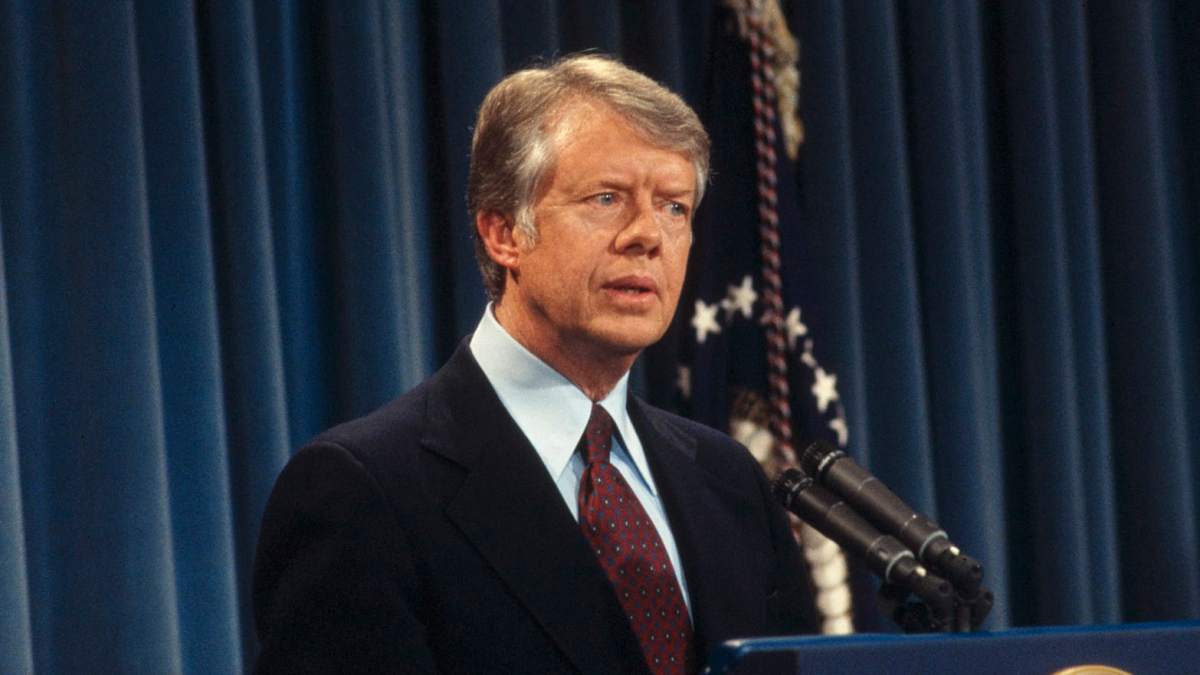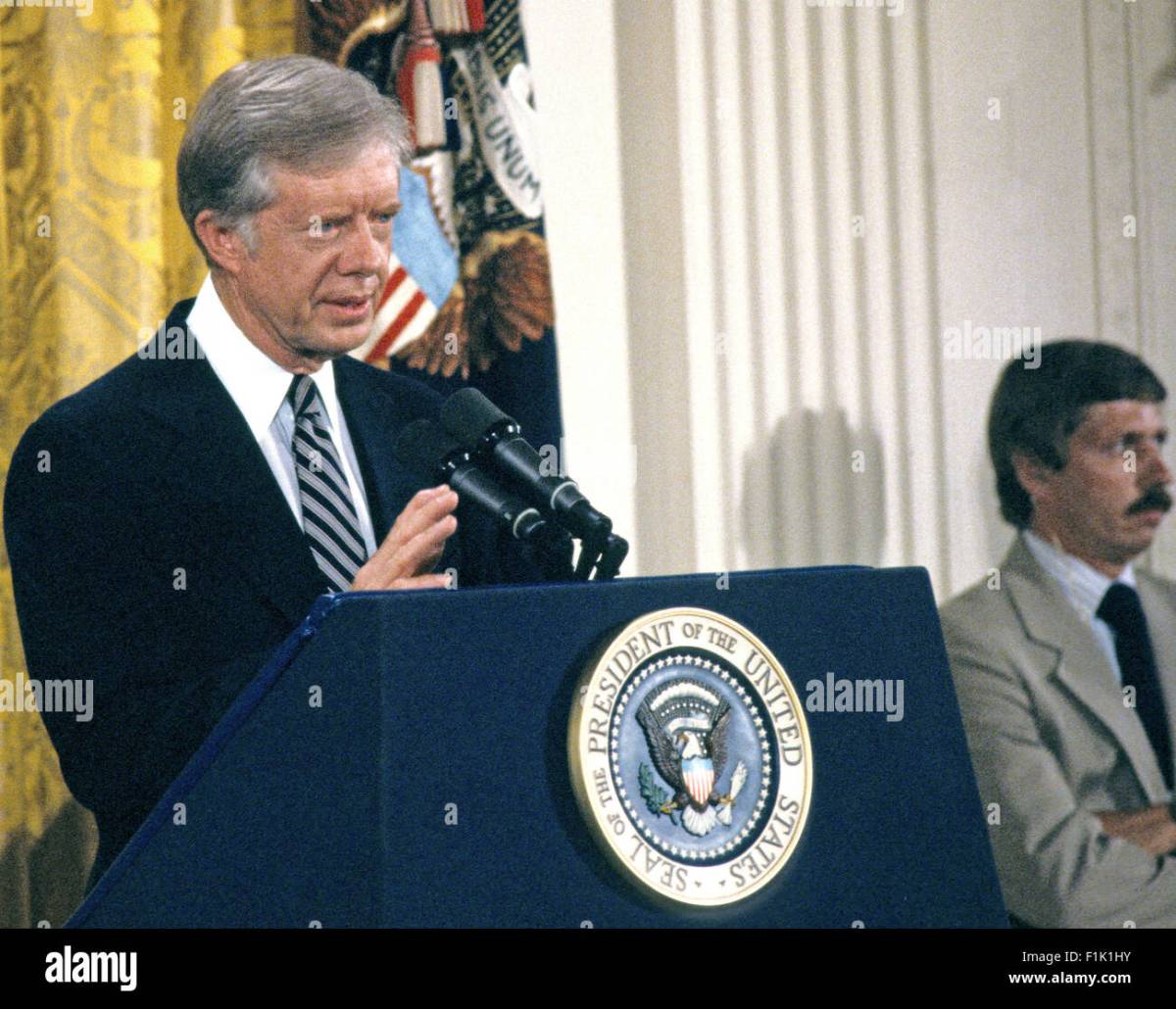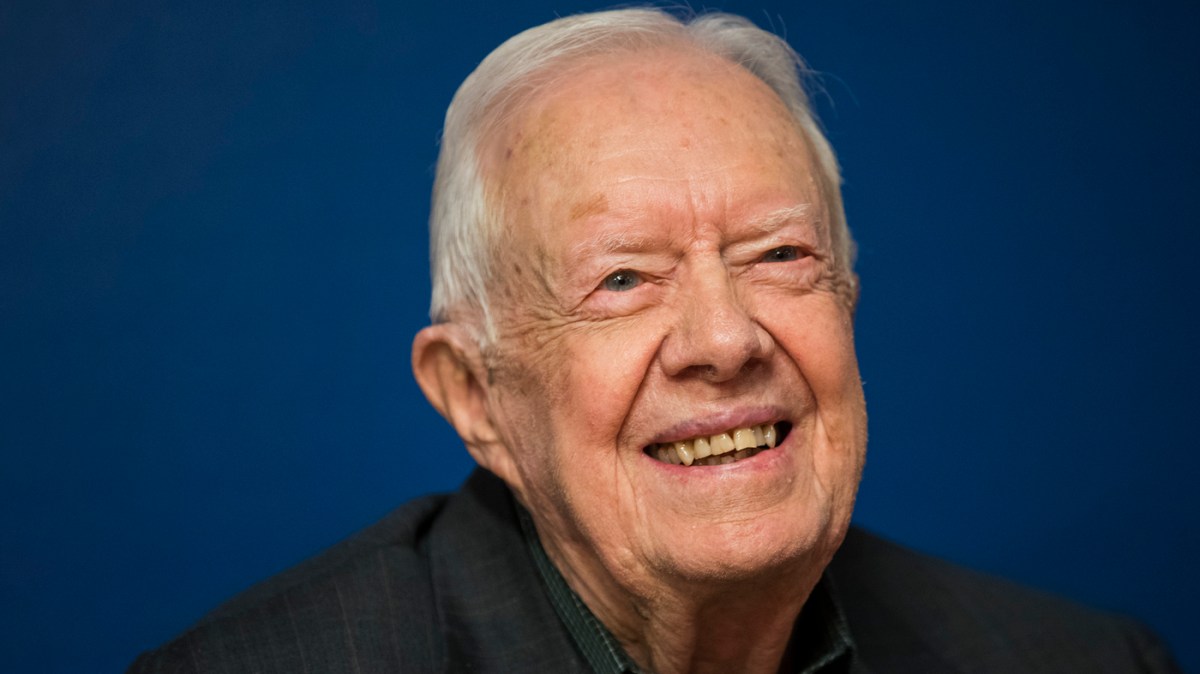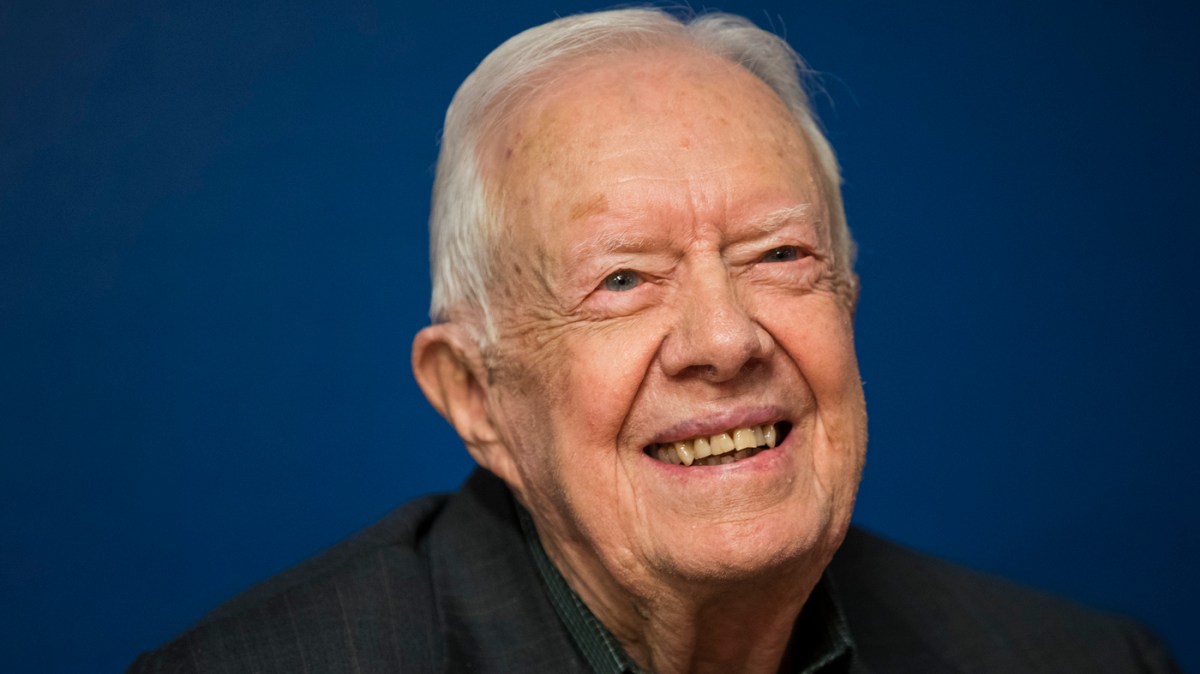U.S. stock markets close to honor former President Jimmy Carter—a gesture reflecting not only respect for a significant figure but also a unique moment in market history. How did the markets react to his passing? Did the closing prices of major indices reflect a significant shift? This exploration delves into the immediate market response, comparing it to reactions following the deaths of other presidents, and examining the underlying economic and sentimental factors at play.
We’ll investigate the historical context of presidential deaths and their impact on market performance, looking for patterns and considering factors like the prevailing economic climate and levels of political uncertainty. We’ll also analyze potential short-term and long-term economic consequences, considering investor sentiment and exploring hypothetical scenarios under varying economic conditions. Finally, we’ll examine media coverage, public opinion, and the lasting implications of President Carter’s legacy on investor confidence and long-term market trends.
Market Reactions to President Carter’s Passing and Subsequent Economic Impacts

The passing of former President Jimmy Carter prompted a brief pause in US stock market trading, a gesture of respect common after the deaths of prominent figures. While the markets did close early, analyzing the immediate impact requires considering the overall economic climate and comparing it to reactions following other presidential deaths. This analysis will explore the market’s response, the historical context of such events, and the potential long-term implications.
Immediate Market Response
Upon the announcement of President Carter’s death, trading on major US stock market indices like the Dow Jones Industrial Average, the S&P 500, and the Nasdaq Composite briefly paused. The closing prices reflected the day’s overall trading activity, which was likely influenced by a variety of factors beyond the news of the former president’s passing. While there might have been a minor dip or increase in some indices, it’s crucial to note that these fluctuations were likely within the normal range of daily market volatility.
Okay, so the U.S. stock markets observed a moment of silence for President Carter – a pretty somber day on Wall Street. It’s a stark contrast to the news coming out of Manchester, where, as you can see from this article, Manchester Airport runways reopen, but passengers warned of further delays. Back to the markets, though, the closing bell felt especially meaningful today given the circumstances.
Comparing this to reactions following the deaths of other recent presidents reveals a pattern of generally subdued market responses. Unusual trading volume or volatility was unlikely, given the advanced age of the former president and the pre-existing anticipation of this event.
Okay, so the U.S. stock markets observed a moment of silence for President Carter, a truly somber occasion. It’s a stark contrast to other news, like the tragic report on Liam Payne’s passing; you can read the details here: Liam Payne’s medical cause of death confirmed as polytrauma. The market’s tribute to Carter highlights the respect he commanded, even amidst other heartbreaking events.
Historical Context: Presidential Deaths and Market Performance
Historically, US stock market reactions to presidential deaths have been varied. While some events have coincided with significant market shifts, a direct causal link is often difficult to establish. Factors such as the prevailing economic climate, political uncertainty surrounding the succession, and broader global events often play a more significant role. For example, the market reactions to the deaths of presidents like John F.
Kennedy or Franklin D. Roosevelt occurred during periods of significant economic and political change, making it challenging to isolate the impact of the death itself. In contrast, deaths occurring during periods of relative economic stability may have resulted in less pronounced market fluctuations. The influence of these external factors often overshadows the immediate impact of a president’s passing on investor sentiment.
Economic Impact and Investor Sentiment, U.S. stock markets close to honor former President Jimmy Carter

The short-term economic impact of President Carter’s passing was likely minimal. His death was not expected to trigger immediate and significant changes in economic policy or investor confidence. However, any long-term impact would depend on the overall economic context and the actions of the current administration. For instance, in a period of economic uncertainty, the passing of a prominent figure might slightly increase volatility as investors reassess the political landscape.
Conversely, in a period of economic strength, the impact might be negligible. Comparing this to previous presidential deaths shows a consistent pattern: the market’s reaction is heavily influenced by pre-existing economic conditions rather than solely by the event itself. A hypothetical scenario where a major economic crisis coincided with the death could have led to a more pronounced market reaction, but in a stable economic climate, the effect was likely minor.
Media Coverage and Public Opinion
Media coverage of the market’s reaction to President Carter’s death likely focused on the respectful closure of trading and the broader context of his legacy. Public opinion varied, with some emphasizing the significance of the moment and others focusing on the day’s economic news. A balanced representation of the market’s reaction and the public’s response is crucial. Below is a hypothetical representation of news coverage, highlighting the diversity of perspectives.
| Outlet Name | Headline | Key Points | Overall Tone |
|---|---|---|---|
| The New York Times | Markets Pause to Honor Jimmy Carter | Brief trading halt, minimal market impact, focus on Carter’s legacy. | Respectful and reflective |
| Fox Business | Markets Close Early, Carter’s Impact on Economy Debated | Brief market closure, analysis of Carter’s economic policies and their long-term effects. | Balanced, analytical |
| CNBC | Quiet Day on Wall Street After Carter’s Passing | Minimal market volatility, focus on broader economic trends. | Neutral, factual |
| Bloomberg | Carter’s Death: A Moment of Reflection for Investors | Market response contextualized within broader political and economic landscape. | Thoughtful, insightful |
The media’s portrayal of the market’s reaction, whether emphasizing respect, economic impact, or a combination, inevitably influences investor behavior and market sentiment. Positive or negative framing can shape public perception and lead to corresponding actions.
Long-Term Implications for the Stock Market
The long-term implications for the stock market stemming from President Carter’s legacy are likely to be indirect and subtle. His emphasis on human rights, environmental protection, and peacebuilding might resonate positively with some investors, while his economic policies may be viewed differently depending on individual perspectives. However, these influences are likely to be less immediate and more gradual than any short-term market reactions.
Analyzing long-term market trends in relation to significant historical events requires a comprehensive approach, considering various factors beyond a single event. The impact of his presidency on long-term market trends would need to be analyzed within the context of broader economic, political, and social developments over several decades. A detailed study would need to correlate specific policy changes with resulting market shifts, a task that is complex and necessitates careful consideration of multiple influencing variables.
Ultimate Conclusion: U.S. Stock Markets Close To Honor Former President Jimmy Carter

The closing of U.S. stock markets to honor President Carter serves as a poignant reminder of the intersection between national events and market behavior. While the immediate market reaction might be a brief dip or fluctuation, the longer-term implications are often tied to the broader economic and political landscape shaped by the deceased president’s legacy. Analyzing these reactions helps us understand the complex interplay of sentiment, economic factors, and historical context in shaping investor behavior and market trends.
Understanding this relationship provides valuable insights for future market analysis and strategic decision-making.
Detailed FAQs
Did the stock market completely shut down?
No, the markets typically observe a moment of silence or a brief pause, but don’t fully close for the entire day.
How long did the market reaction last?
The immediate impact is usually short-lived, but the effects on investor sentiment can linger for a longer period, depending on various factors.
Were there any unusual trading patterns observed?
Hey, did you hear? U.S. stock markets are closing early to honor the legacy of former President Jimmy Carter. It’s a pretty big deal, showing respect for his long and impactful life. Check out this article for more details on the closures: U.S.
stock markets close to honor former President Jimmy Carter. This is a rare event, highlighting Carter’s significant contributions to the nation. So yeah, U.S. stock markets closing early – pretty respectful, right?
This would need to be analyzed on a case-by-case basis, looking for unusual spikes in trading volume or volatility compared to typical market activity.
How does this compare to other global markets?
Global markets often react similarly to major events, but the extent of the reaction can vary depending on the country’s relationship with the deceased leader and its economic ties to the U.S.
